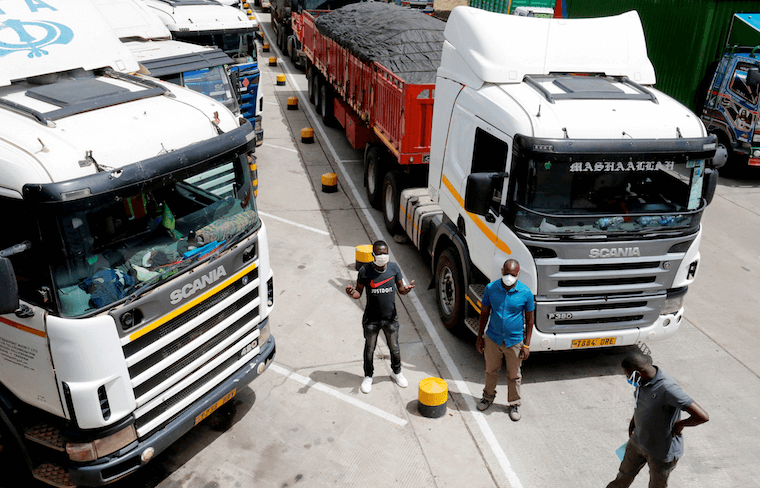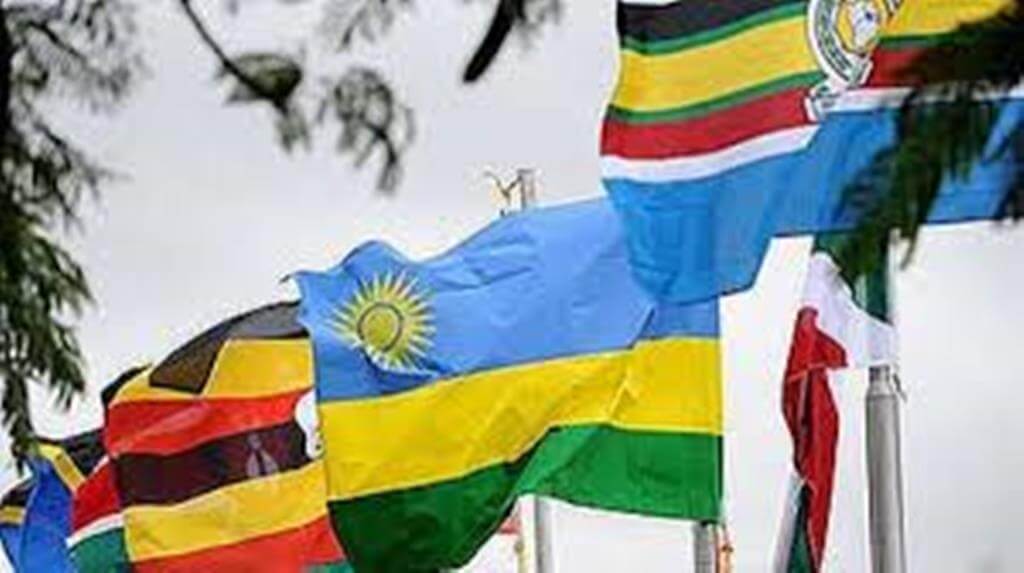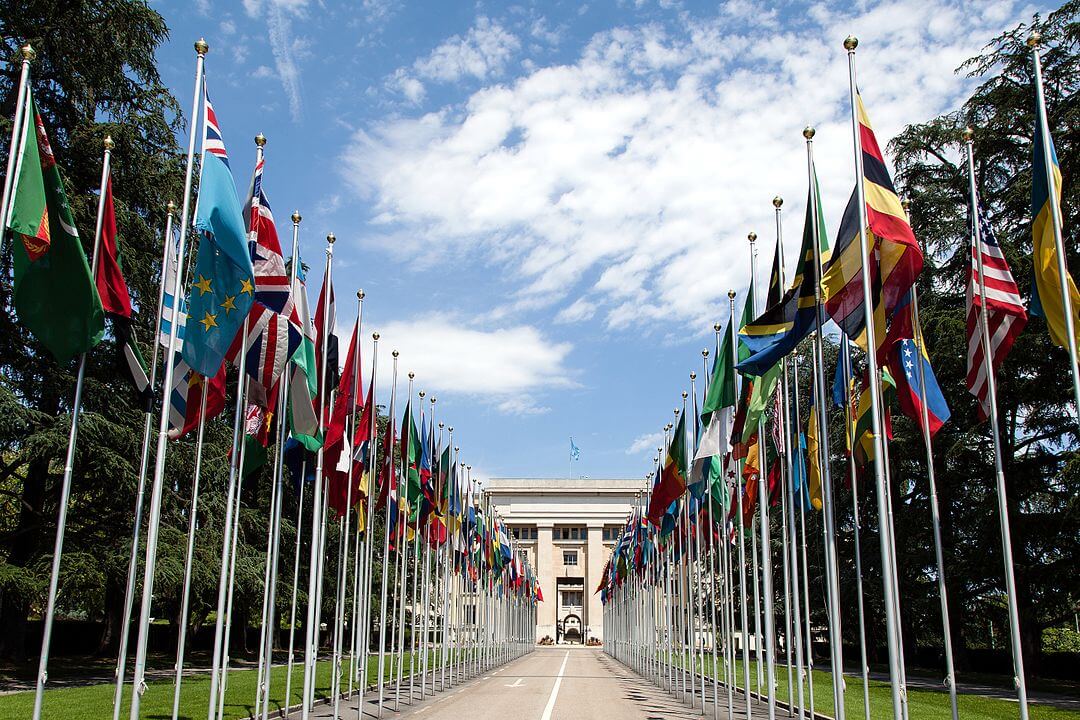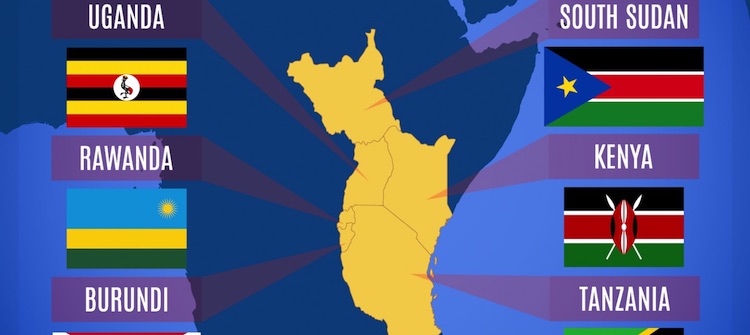In the latest episode of Connecting Africa, CNN International’s Eleni Giokos explores how data and technology are transforming transport infrastructure across the continent. First up, Giokos visits the Kenya Standard Gauge Railway (S-G-R) to see how it is benefitting the import and export industry. Since it was launched in 2017, the S-G-R has moved more than four million tons of cargo along a vital transportation corridor connecting Naivasha and Nairobi with the Port of Mombasa. Abhishek Sharma, Senior Director of Transport at TradeMark Africa, tells Giokos how the railway has impacted trade at the port, “Our whole transport system has been realigned. For the longest time, very little cargo was moving by rail, up to 95% of the cargo was moving by road. Suddenly, there has been a massive shift where for containerised cargo from Mombasa to Nairobi 60% of the imports are moving by rail. So, it's a whole different way in which things are being done.” In a region with many landlocked countries, logistics costs can add up to 60% on the consumer price of imported basic commodities. Sharma speaks about the positive impact the S-G-R has had on reducing these costs, “Any intervention which reduces the cost of logistics in our region, makes a big difference to what the people in our region can achieve in terms of their health outcomes and educational outcomes, as well as, you know, to be able to save a bit more.” In the future, the S-G-R project is planned to connect...
CNN’s Connecting Africa explores transport infrastructure across the continent
Posted on: February 24, 2021
Posted on: February 24, 2021
























